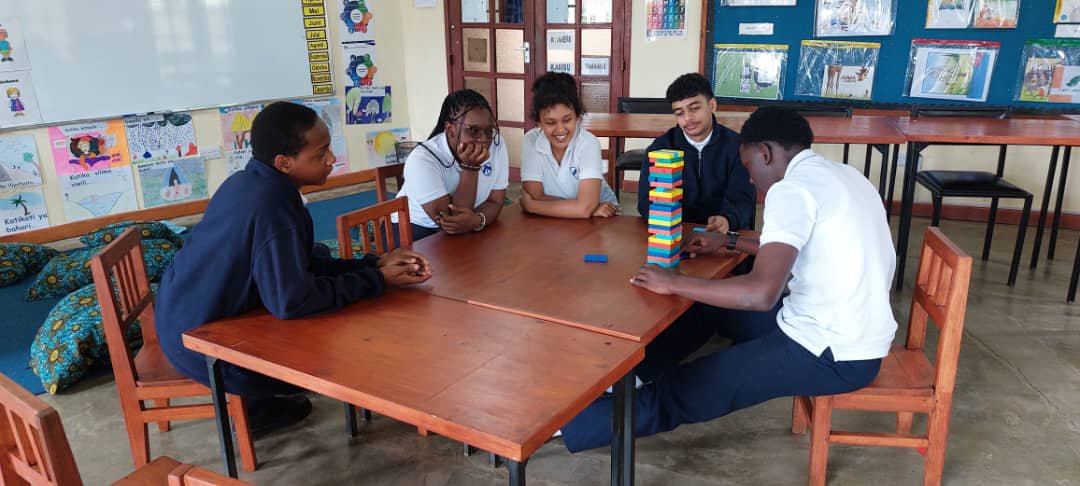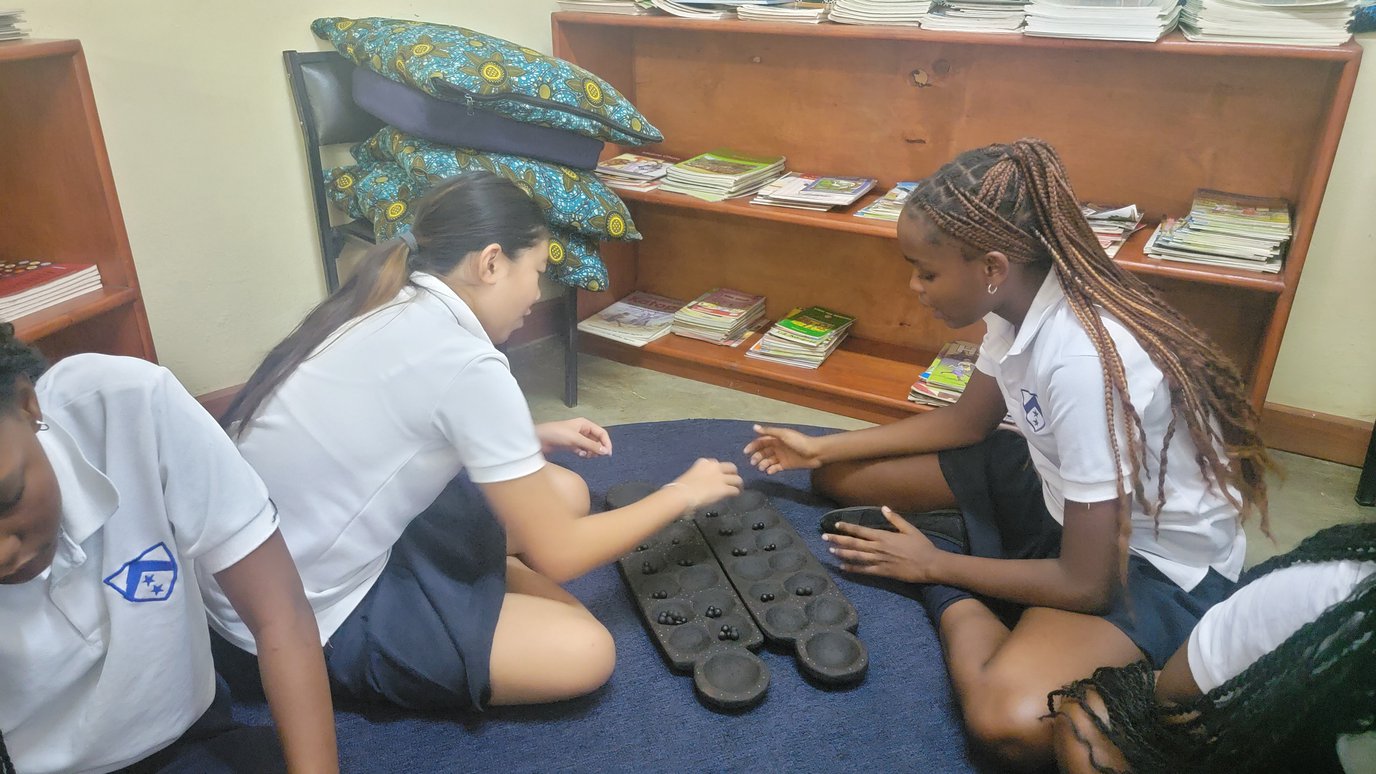Lugha ya kiswahili - Swahili language

3rd May 2024
Language is vital for human progress in all aspects of life - socially, culturally, economically, and politically. It's not just a means of communication; it's also a form of art. Through language we exchange ideas and connect with others. Our students collaborate well and show discipline both in school and in society, thanks in part to the accessibility and friendliness of Swahili, which shares roots with many Bantu languages.
In today’s connected world, it is more important to understand, speak and write in a second language than ever before. As children learn a language in addition to their mother tongue, not only does it develop their brain power and memories, it opens career paths, makes travelling safer and helps them become truly international.

BISA believes learning languages at an early age does not only bring linguistic benefits. It can also enhance core cognitive skills, including reasoning, problem solving, and memory, along with improving communication and intercultural skills. Importantly, the songs and plays that are a part of early language learning make classes fun, potentially cultivating a long-lasting interest for foreign languages, and motivating children to continue learning as they get older.
However, older children have their own cognitive advantages. They have greater linguistic experience and metalinguistic skills that young children do not possess. This means that they are more efficient learners of vocabulary and aspects of language structure.

BISA students enjoy and grab words in every lesson! At our school, we teach both native and non-native from early years because by interacting with native speakers, learners have the opportunity to practise their language skills in a more natural setting. They can hear and mimic authentic pronunciation, learn common idioms and colloquial expressions, and gain a deeper understanding of the cultural context.

Games help students retain unfamiliar vocabulary, associate new information with their surroundings, and develop their language and communicative skills. They also enhance students' ability to memorise words, encourage interaction, improve communicative skills, and enhance motivation.

In the third term students in Year 8 take both internal and external exams to earn a certificate for native and non-native speakers before choosing their IGCSE subject options and obtaining an international certificate.
Learning Swahili helps those students who choose to take the IGCSE Swahili exam. We believe that slow and steady learning, coupled with regular practice, is key to mastering a language.
We encourage all students learning a foreign language to provide opportunities for scholarship and student exchanges. By studying a language like Swahili, you open up the door to opportunity that will allow you to explore a unique culture and country leading to study abroad.









